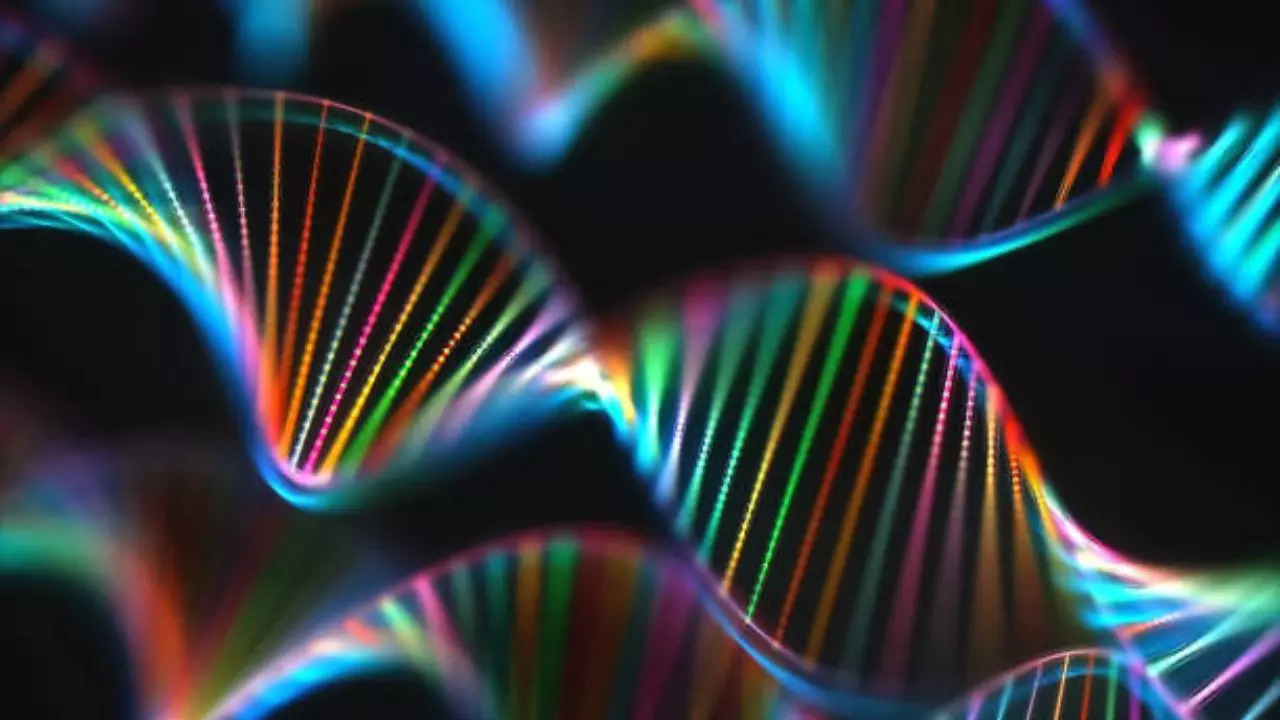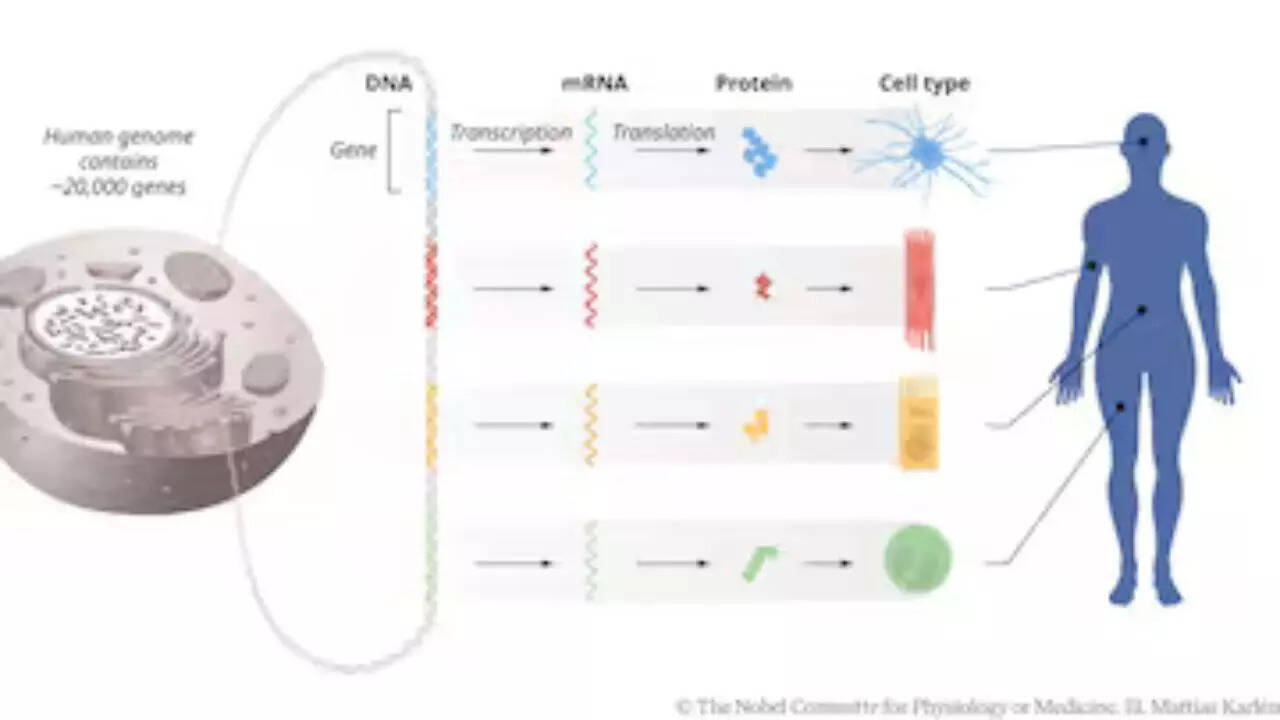Contents
-
news
-
Health
What is microRNA, for the discovery of which Victor Ambrose and Gary Ruvkun received the 2024 Nobel Prize in Medicine?
Nobel Prize in Medicine 2024: This year’s Nobel Prize in Psychology or Medicine has been awarded to Victor Ambrose and Gary Ruvkun for the unprecedented discovery of microRNA – a fundamental mechanism of gene regulation. It is now known that the human genome codes for over a thousand microRNAs. Their surprising discovery revealed an entirely new dimension of gene regulation. Read on to learn how microRNAs are proving to be fundamentally important to the development and function of organisms.

Ambrose and Ruvkun’s work has unveiled a new class of small RNA molecules that play important roles in regulating gene activity.
Nobel Prize in Medicine 2024, The microRNA discovery has revolutionized our understanding of how genes are regulated and expressed in living organisms, as announced by the Nobel Assembly at Karolinska Institutet in Stockholm.
what is microRNA,
According to the Nobel Committee, Ambrose and Ruvkun’s work has unveiled a new class of small RNA molecules that play a key role in regulating gene activity. These act as molecular switches, fine-tuning gene expression in different types of cells and under different conditions.
Even though all cells in our body contain the same genes, different types of cells, such as muscle and nerve cells, have different functions. This is due to gene regulation, which allows cells to switch on only the genes they need. This discovery of microRNA revealed a new method of this regulation.
This discovery has been important in understanding how organisms, including humans, evolve and function.
According to the duo, the human genome is now known to code for more than a thousand microRNAs – highlighting the widespread importance of this regulatory mechanism. This discovery has profound implications for a better understanding of cellular differentiation, development, and disease processes.
Thus, this discovery not only advances our fundamental knowledge about biology but also promises to develop new therapeutic approaches.

How do microRNAs regulate gene expression?
According to the research of Ambrose and Ruvkun, which began in the 80s, microRNAs regulate gene expression primarily by binding to messenger RNA (mRNA) in the cell cytoplasm. Instead of being immediately translated into protein, the tagged mRNA will either be destroyed and recycled into its components, or it will be protected and translated later.
Therefore, if the level of a particular microRNA is underexpressed (its level in the cell is abnormally low), the protein it normally regulates may be overexpressed (its level in the cell will be abnormally high ); If a microRNA is overexpressed (its levels are abnormally high), its protein will be underexpressed (its levels will be abnormally low).
Get the latest news live on Times Now with breaking news and top headlines from around the world.


